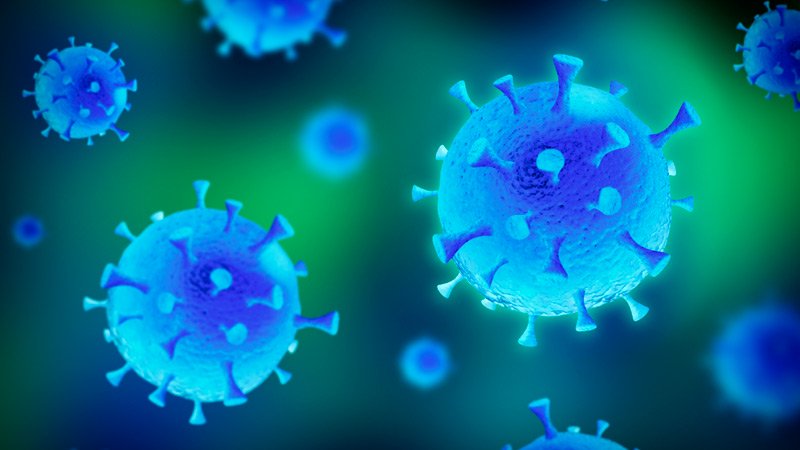Having antibodies to the novel coronavirus from initial infection could prevent reinfection, new research in the New England Journal of Medicine indicates.
According to their findings, which included over 12,000 health workers in the United Kingdom, patients confirmed to have been infected with COVID-19 who develop antibodies are more likely to avoid reinfection.
It is not known, however, the duration of immunity and whether resistance to reinfection lasts for a short or long span of time.
It is speculated that such antibodies could last for as much as six months, if not longer.
“The findings are not a surprise … but it’s really reassuring because it tells people that immunity to the virus is common,” said one of the study’s co-authors in a press release.
“Antibodies themselves may not be giving the protection, they might just be a sign that other parts of the immune system, such as T cells, are able to fight off any new exposures to the virus,” the co-author also stated.
Despite these findings, researchers note that although the potential for reinfection is possible for some, it is extremely rare.


